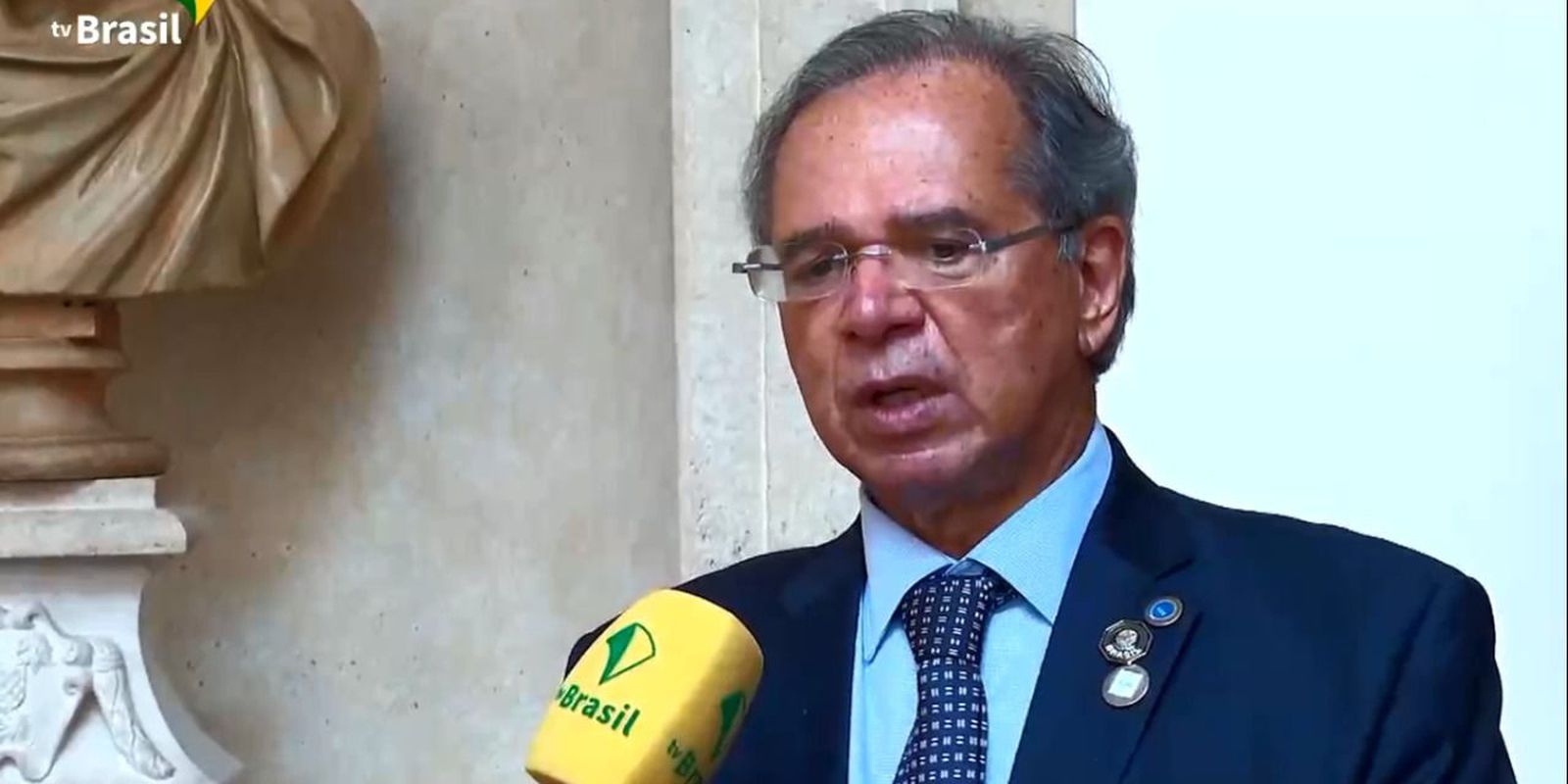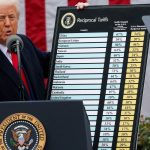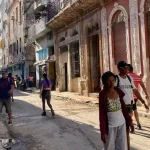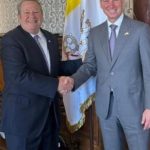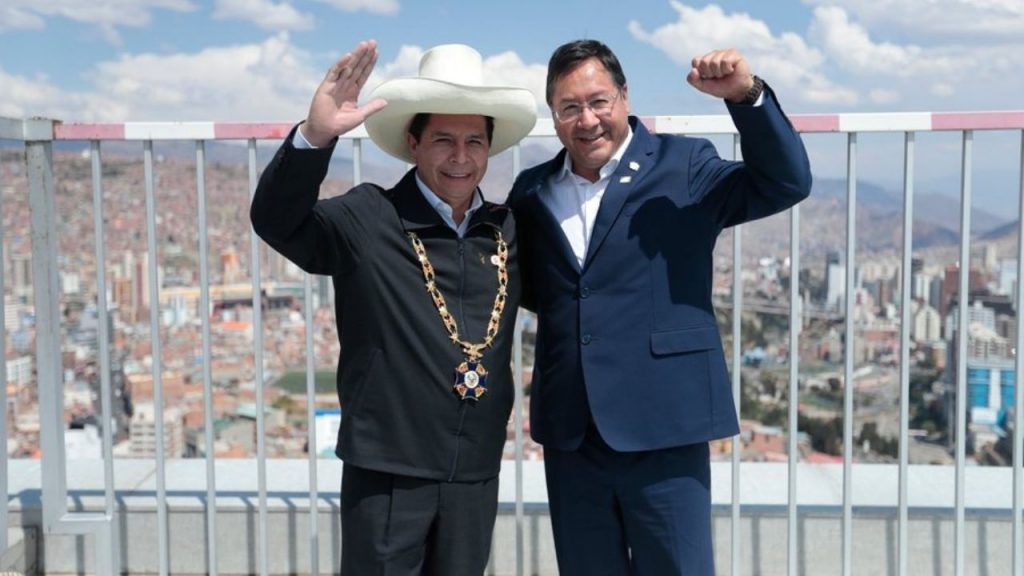Economy Minister Paulo Guedes highlighted this Saturday (30), in Rome, the Brazilian effort to become a full member of the Organization for Economic Cooperation and Development (OECD), an international independent financial advisory body. “Brazil wants access to the OECD, we want to be a member of the club. We are one of the largest economies in the world. They ask for our collaboration to make a global taxation agreement, we did; they ask for our collaboration to enter the climate change program. We, on the other hand, want to have access to the club to discuss the most important problems of the world economy”, he said in an interview to TV Brazil.
According to the minister, who participates in Rome in the meetings of the G20 summit, a group of the 19 richest countries in the world plus the European Union, the organization’s secretary general, Mathias Cormann, is a friend of Brazil. The Australian, said Guedes, is formulating a framework for the OECD whose pillars are a look at advanced countries based on an annual flow of pollution.
“Brazil emits 1.7% of carbon into the atmosphere per year. China [que não faz parte da OCDE] expels 30%. The United States, 15%. The European Union, 14%. I am sure that Secretary Mathias Cormann is a friend of Brazil and will analyze our claim with due attention and sensitize other members,” he said.
The decision for Brazil’s entry into the organization, however, depends on the approval of the other 38 partners. To join the group formed by countries like the United States, Mexico, Canada, Chile, Colombia and Costa Rica, since 2017 Brazil complies with several standards – calls for adherence instruments – in relation to trade.
“Of the 247 requirements to enter the OECD, Brazil has already satisfied 100 and applied for another 60”, highlighted Guedes. The expectation is that as soon as the queue opens for new accesses, Brazil will be one of the first to join the group. “On the other hand, Brazil will engage in the climate change agenda, also having this special look that will allow us to receive payments for environmental services. If Brazil preserved nature, it has to pay for the preservation of environmental services. The secretary general is very attentive”, he stated.
G20
Specifically about the G20 meeting, the minister said that the group has three common concerns: access to vaccines in the world; the recovery of the post-crisis economy and how to reduce the use of non-renewable fuels, such as oil and coal, to preserve the environment.
Regarding vaccines against covid-19, one of the points noted by the Brazilian minister was the group’s concern with the African continent, “which immunized only 0.4% of its people”. With regard to economic recovery, Guedes said that the G20 expected the world to recover at a rate of 6% to 5%, and “Brazil is recovering at 5.4%, faster than the other countries advanced”.
Another point highlighted by Paulo Guedes was the concern of the leaders with the disorganization in the energy market and in the production chains, which, with the shock of the covid-19 pandemic, pushed inflation up all over the world. In the minister’s view, Brazil once again had advantages over advanced countries.
“What was a curse became a gift during the pandemic to Brazil. The advanced economies were very integrated and as Brazil was out of this integration in the last 30 years, it did not disorganize our production chain so much”, he said.
president
Also in Rome, during the opening of the G20 meeting this Saturday, President Jair Bolsonaro defended the integration of world economies as part of the solution to overcome the global crisis generated by the covid-19 pandemic. “Our economies are recovering as the health crisis is overcome. These two processes go hand in hand. Both have shown the importance of promoting international trade free of distortive and discriminatory measures. The integration of our economies, through increasing trade and investment flows are part of the solutions we are looking for,” said the Brazilian president.
Upon returning to the Brazilian embassy after the plenary on “Global Economy and Health”, Bolsonaro also recalled government actions throughout the pandemic to help Brazilians who lost income. “We serve 68 million people. Brazil has done its homework and spared no effort to serve the population,” he said.
At the end of the day, President Jair Bolsonaro strolled around Rome, walking among Brazilian tourists. In the evening, the only commitment is a dinner, alongside the other G20 leaders, at the historic Quirinale Palace, the official residence of the Italian president.
* With the collaboration of Carlos Molinari, from TV Brazil
